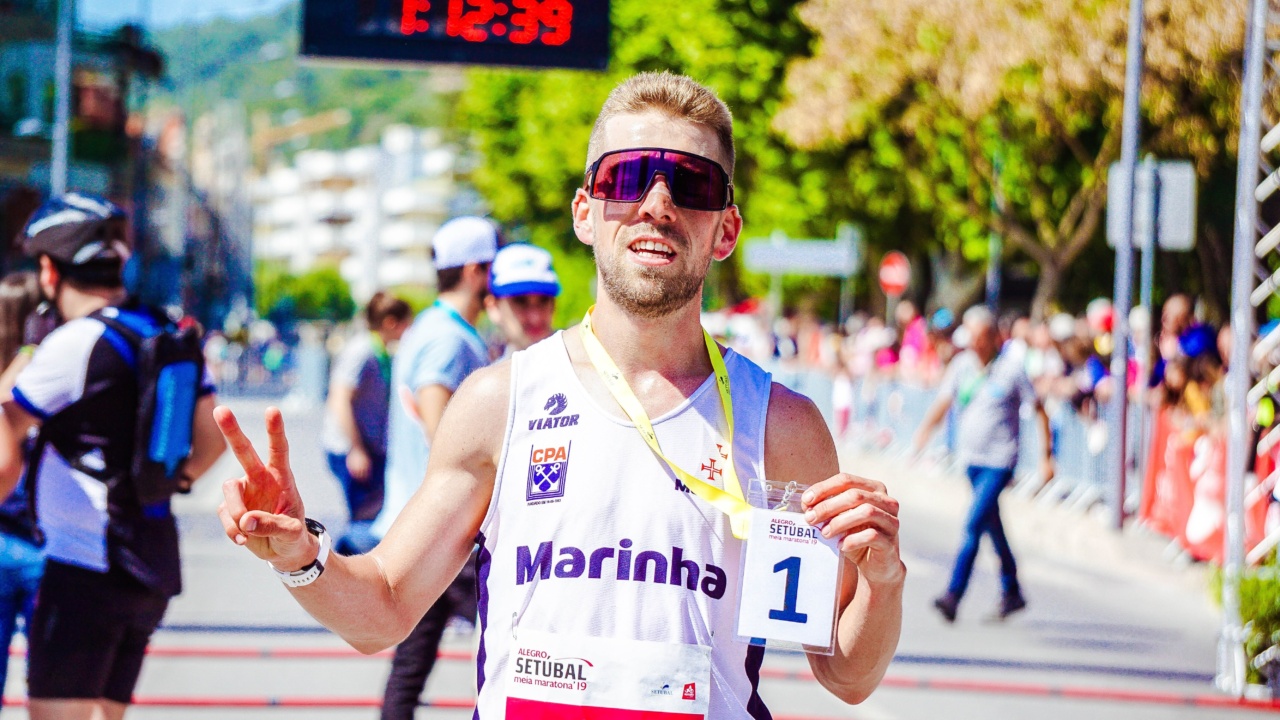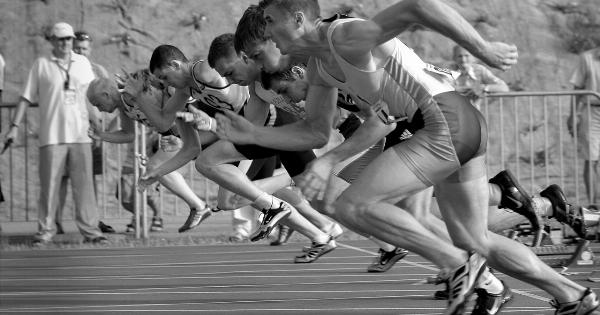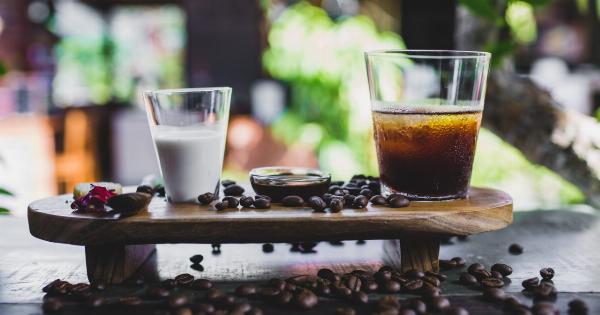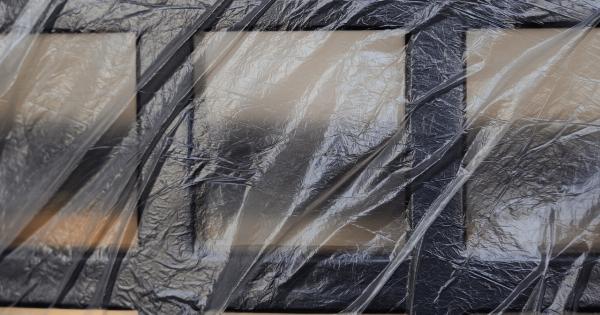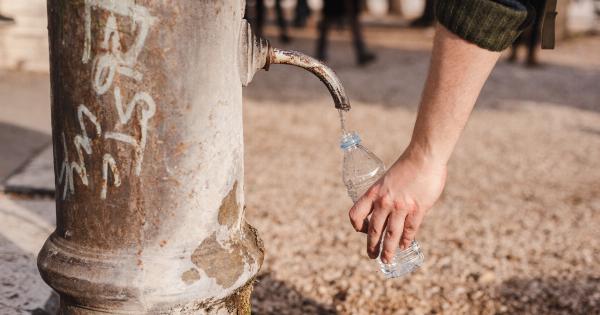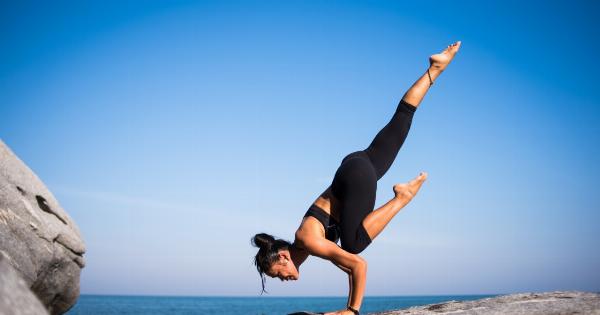Marathons are challenging races that test the endurance and skill of the participants. Running a marathon requires a great deal of preparation – both mental and physical.
On the day of the race, runners must have taken the necessary steps to ensure that their bodies are properly hydrated. Without proper hydration, the chances of success in a marathon decrease significantly. This article explains the importance of hydration in achieving a successful marathon.
What is dehydration?
Dehydration refers to the state in which a body lacks sufficient fluids to function properly. The human body is composed mostly of water, making it essential for life. Dehydration can occur when a person loses more fluids than they consume.
The causes of dehydration can vary, but in the context of a marathon, it occurs when runners lose water and electrolytes through sweating, and they don’t replenish the lost fluids.
What happens when you get dehydrated?
Dehydration has numerous negative effects on the body. Runners who become dehydrated will experience a decrease in their performance. They may feel tired and lethargic, and their muscles may cramp or spasm, leading to poor performance.
Other symptoms of dehydration include: – Dry mouth – Dizziness – Headaches – Sunken eyes – Rapid heartbeat – Low blood pressure If dehydration is left untreated, it can lead to heat exhaustion or even heatstroke, which can be life-threatening.
How much water should marathon runners drink?
For marathon runners, staying hydrated is extremely important. Drink water or sports drinks frequently to maintain the proper fluid balance in the body.
The amount of water that a marathon runner needs to consume during the race will vary depending on a variety of factors, such as body weight, the temperature, and humidity. On average, marathon runners need to consume around 16-20 ounces of fluids every hour to maintain optimal hydration levels. It’s also a good idea to drink fluids regularly during training to get your body accustomed to taking fluids when running.
Why is drinking water alone not enough?
While water is essential for hydration, it alone often is not enough during a marathon race. When you sweat, you lose not just water but also essential electrolytes like sodium, potassium, and magnesium.
Water does not contain these necessary minerals, so marathon runners need to take in sports drinks with essential electrolytes to maintain optimal hydration levels. Sports drinks help replace the lost electrolytes to keep your body running effectively.
When should runners drink during the marathon?
Your hydration strategy should begin well before the race, by ensuring you are well-hydrated several days before the race. During the race, it’s important to drink fluids regularly and often.
Running for miles tire the body, and drinking fluids at regular intervals is recommended to maintain optimal hydration. Runners should drink fluids every 15-20 minutes. Avoid drinking too much at once, as it can lead to bloating and stomach discomfort, which makes it hard to run. In case you do not feel thirst, do not wait until you feel thirsty to drink.
It’s important to drink fluids regularly during the marathon event.
How to recognize if you are drinking enough?
The best way to determine if you are properly hydrated during the marathon is to check the color of your urine. If your urine is clear or pale yellow, it shows that you are properly hydrated.
Dark yellow urine indicates that you are dehydrated and need to consume more fluids.
Final Thoughts
Staying hydrated is an essential part of a successful marathon. Runners must take the necessary steps to ensure that they are drinking enough fluids before, during, and after the race.
Consuming sports drinks and maintaining an appropriate fluid balance is key to preventing dehydration, which can lead to a decrease in performance or even serious health risks during the marathon. By following these simple hydration tips, marathon runners can prepare themselves for the upcoming race successfully.
